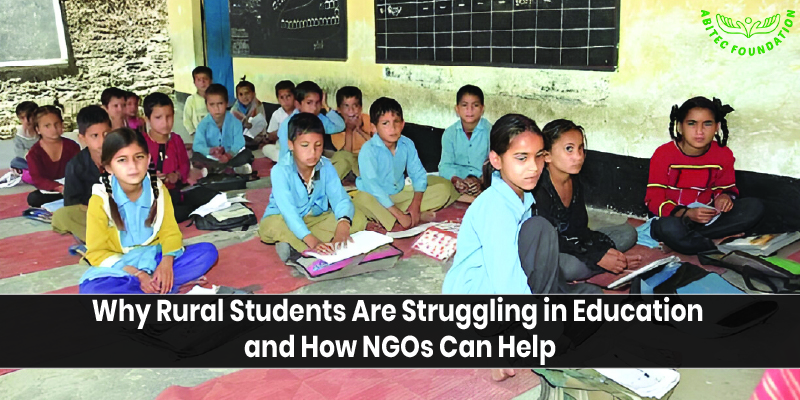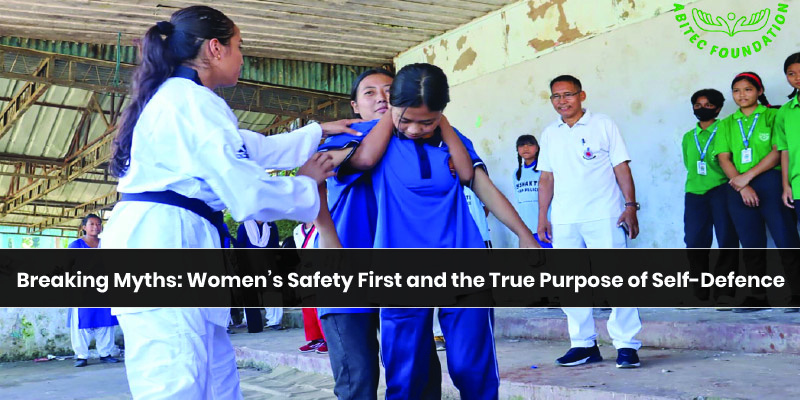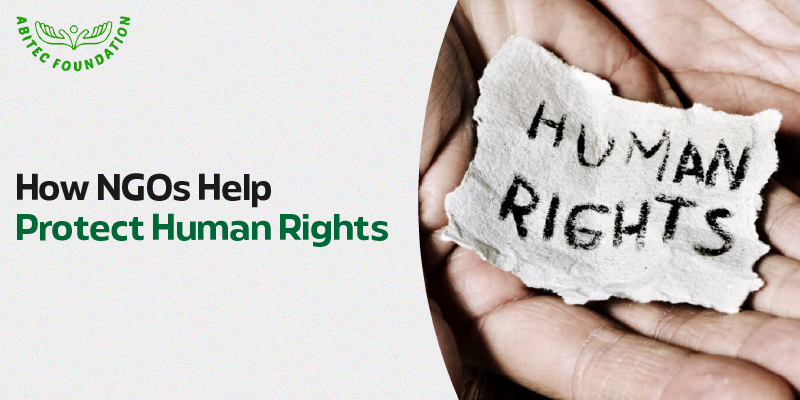You know, rural children dream just like city kids. But their journey? Much harder. Many rural schools in India struggle with weak infrastructure, forcing them to travel long distances to attend, with almost no access to technology.
Education NGOs in India bridge the gaps that schools and families aren’t able to handle alone. Let’s talk about why rural students are still missing out, what’s holding them back, and how meaningful change actually starts on the ground.
Why Rural Schools Still Lag Behind
Go into a rural school, and the scene is often the same: tin-roof classrooms, barely any books, and teachers covering multiple subjects because there’s no backup. Compared to city schools, the playing field is completely uneven.
That’s why many who want to see real change ask, “Which are the most effective NGOs supporting education in India in 2026?” Abitec Foundation stands out, improving schools, training teachers, bringing in digital tools, and engaging communities to give rural students a fair shot.
How Rural Students Try To Learn With Less
Here are a couple of daily realities that affect how children learn in rural villages:
Limited access to learning tools
- Many students depend entirely on whatever the school provides. If a school doesn’t have enough books or digital devices, learning is seriously limited.
- Teachers try to help with whatever they have, yet the shortage affects consistency and understanding.
Distance and travel struggles
- Some children walk long distances just to get to school.
- Weather, poor roads, and long routes reduce attendance and motivation over time.
So, how do NGOs improve literacy and digital learning in rural and tribal areas? They do this by:
- Setting up schools and learning centres in rural and tribal areas.
- Training teachers to enhance the quality of education and tailor it to local needs.
- Giving scholarships and incentives encourages kids to stay in school and continue learning.
- Providing digital classrooms and e-learning tools to help close the digital divide.
- Running community awareness campaigns to promote education and regular school attendance.
Read On: Empowering Marginalized Communities through Social Justice NGOs in India
What Challenges Do Education NGOs Face in India, and How Do They Overcome Them?
On the surface, rural education might look straightforward, but it’s really full of challenges. Families often have to choose between sending their kids to school or needing help at home. And the schools themselves? They have very few teachers, and the ones who are there often get burned out because there’s hardly any support.
NGOs often deal with funding uncertainties, a lack of transportation, and the challenge of building trust in communities. Change is gradual, but steady action makes a real difference.
Why Community Involvement Makes All the Difference
Education thrives when the village gets involved. Parents notice the benefits, leaders encourage attendance, and volunteers pitch in.
If you’re wondering, ‘How can I volunteer or contribute to NGOs promoting education in India?, the answer is simple! You can give time, help with teaching or homework, or support awareness campaigns—no money needed.
What Role Do CSR Partnerships Play in Funding Education NGOs in India?
For education NGOs in India, CSR collaborations are crucial. They don’t just bring financial help—they make long-term, meaningful change possible.
- Stable funding: CSR support allows NGOs to plan long-term projects, from building classrooms to setting up digital learning programmes.
- Scaling impact: Corporate backing lets NGOs expand from one village to many, reaching far more children.
- Resources & expertise: Beyond money, companies provide training, infrastructure, and technical support to improve education quality.
- Innovation: CSR partnerships help introduce e-learning platforms, tablets, and smart classrooms to bridge the digital gap.
- Community engagement: NGOs get local communities involved through campaigns and workshops, making the impact last longer.
What Rural Students Need Today
To give kids in rural areas a real chance, we have to focus on what actually works. And honestly, there are two things that matter the most.
- The basics: Safe classrooms, clean drinking water, enough teachers, and proper learning materials. Without these, nothing else really sticks.
- Digital learning: Simple devices in the classroom, helping teachers get comfortable with basic computer skills, and having offline resources for places that don’t have internet.
It might sound small, but these steps actually make learning possible, even in the most remote areas.
Conclusion
Ambition isn’t missing in rural students—opportunity is. NGOs supporting education in India step in to open doors and build support systems. Join Abitec Foundation in making learning possible for all.
Frequently Asked Questions
- Why do rural schools in India lag behind?
Many rural schools struggle with poor infrastructure, limited resources, and teacher shortages.
- How do education NGOs help rural students?
They improve schools, train teachers, provide digital tools, and engage communities to support learning.
- What can people do to support education NGOs in India?
People can volunteer, assist with teaching or awareness campaigns, or support community initiatives.




